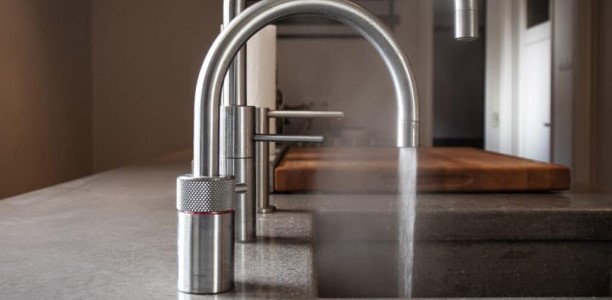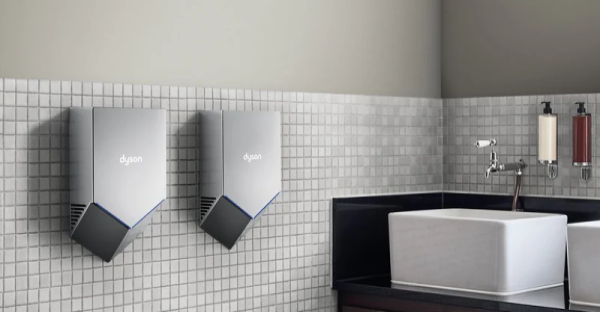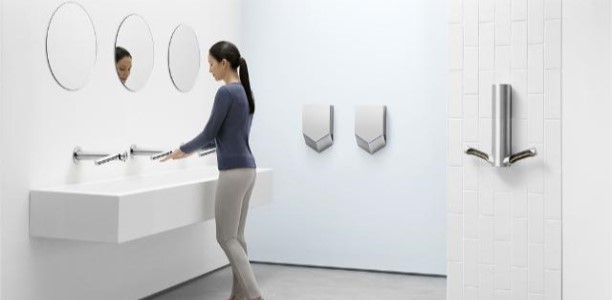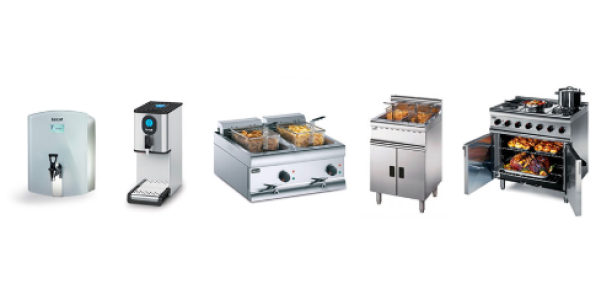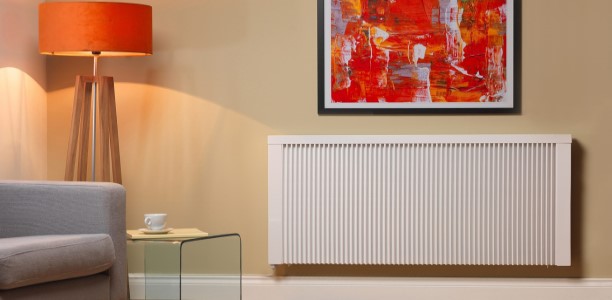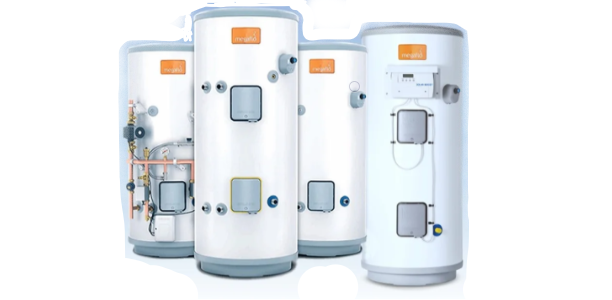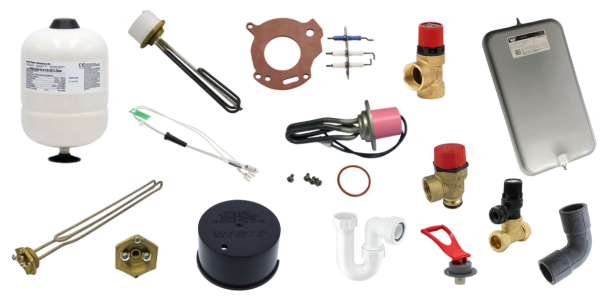Heat pumps come in various types, each designed to meet specific needs and environmental conditions. By transferring heat instead of generating it, these systems are more suitable and cost-effective than traditional heating methods. They are widely used in homes and business for efficient heating and cooling.
Air Source Heat Pumps
Air source systems are the most commonly used type of heat pump. These systems extract heat from outdoor air, even in cold weather, and transfer it indoors. During summer, they reverse the process to cool indoor spaces. Their easy installation and suitability for moderate climates makes them a popular choice for homes and businesses alike.
Air Source pumps include two main subtypes:
- Air-to-Air Heat Pumps move heat between indoor and outdoor air, making them ideal for heating and cooling buildings
- Air-to-Water Heat Pumps transfer heat from the air into water, which can then be used for domestic hot water or heating systems
Image on the right by All Renewable Energy


Water Source Heat Pumps
Water source heat pumps extract heat from nearby water bodies such as lakes, rivers, or wells. These pumps operate similarly to air source systems but are more efficient because water maintains a stable temperature throughout the year. However, they require access to a reliable water source, which can limit where they are used. These pumps work exceptionally well in areas with natural water bodies.
Image on the right by ResearchGate
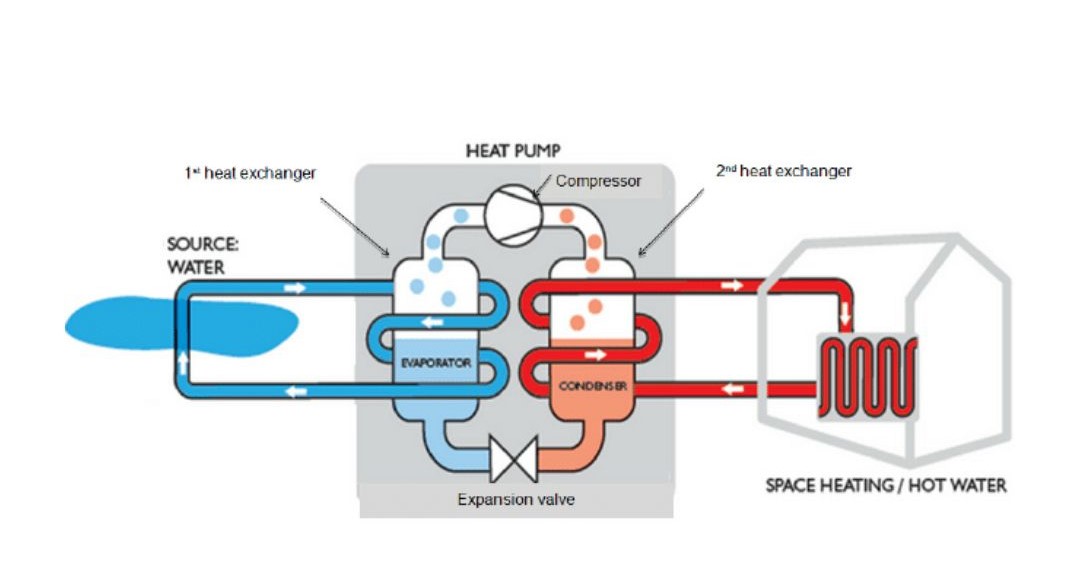

Ground Source Heat Pumps
Ground source heat pumps, also known as geothermal heat pumps, pull heat from the ground. With underground temperatures staying consistent all year-round, these systems deliver excellent efficiency in any season. Although installation requires digging and can be costly upfront, these pumps offer substantial energy savings and long-term reliability.
Ground source systems come in three subtypes:
- Horizontal Loop Systems use shallowly buried pipes in trenches to collect heat.
- Vertical Loop Systems use pipes installed in deep boreholes to access heat.
- Open-Loop Systems draw heat directly from groundwater or surface water.
Image on the right by GreenMatch


Hybrid Heat Pumps
Hybrid heat pumps combine the benefits of a heat pump with a traditional heating system, such as a gas boiler. The heat pump covers the majority of heating needs, while the boiler activates during extremely cold weather for additional warmth. This setup ensures reliable heating, flexibility, and significant energy savings.
Image on the right by West Suffolk Council








